The 1980s Sci-Fi Monster Thriller Helped Director Escape North Korea
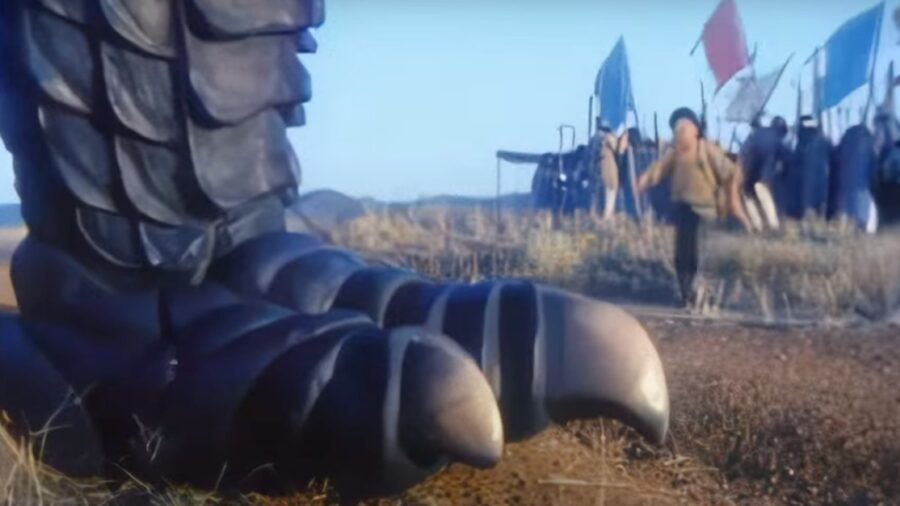
South Korea is widely regarded as the hub for some of the greatest films of the last century, with modern outings such as Train to Busan, Parasite, and the Netflix original series Squid Game gaining massive audience attention from viewers in the United States. North Korea, on the other hand, rarely if ever produces a film for the rest of the world to see, as the region has closed its borders to the outside world and refuses to invest in art and culture.
In spite of this, one North Korean film, 1984’s Pulgasari, contains an incredible backstory which has resonated with audiences all over the world, including helping its director escape the country.
A North Korean Godzilla
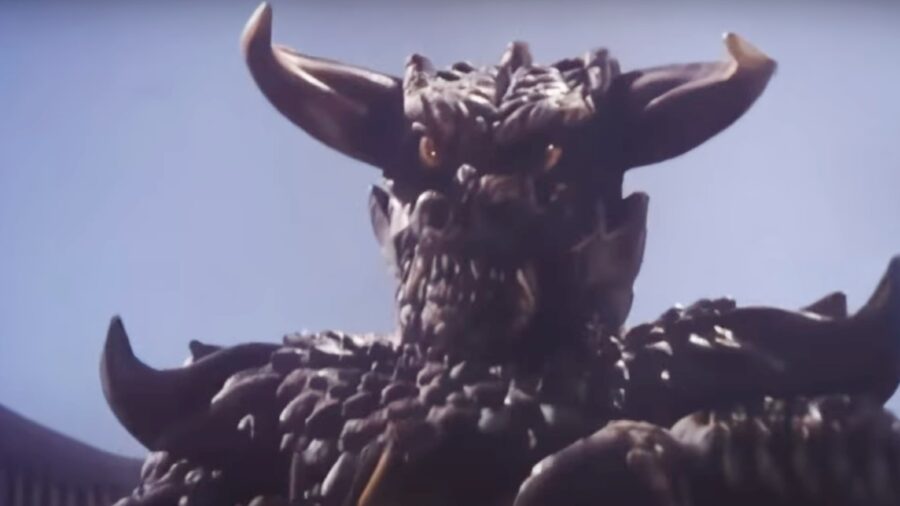
Pulgasari is not particularly well regarded for its impressive filmmaking, with audiences finding much greater interest in the backstory of the movie’s production than the film itself. As the story goes, noted film buff and Supreme Leader of the nation Kim Jong-Il had plans to create a North Korean iteration of Godzilla, though no local film crews were capable of bringing his cinematic vision to life.
Rather than investing in art programs or showcasing popular foreign cinema within the hermit nation, the dictator elected to kidnap the wife of beloved South Korean filmmaker Shin Sang-ok, in order to lure him into the heavily guarded country.
The Road To Pulgasari
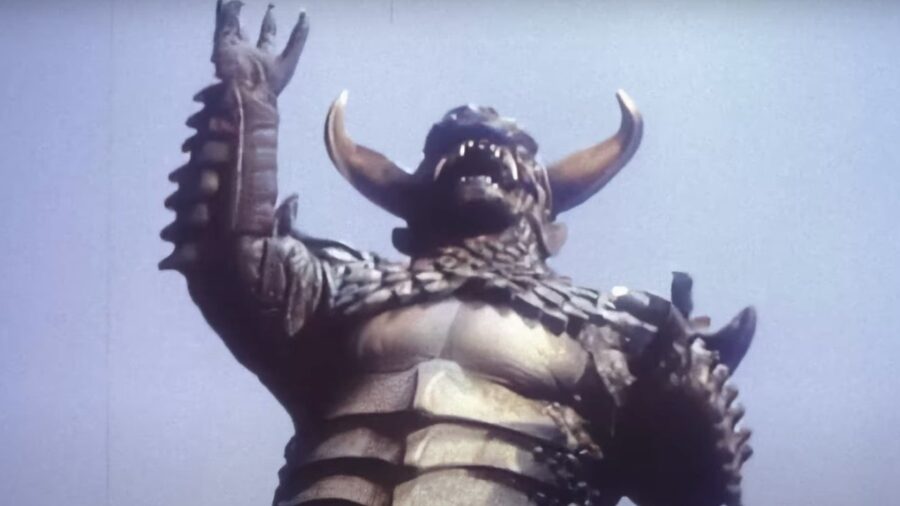
The trap succeeded, resulting in filmmaker Shin Sang-ok’s imprisonment in the Democratic Peoples’ Republic for over four years. Eventually, military leaders felt that the renowned filmmaker had been properly assimilated, and offered him a chance to create a DPRK Godzilla knock-off titled Pulgasari. Shin Sang-ok wasn’t alone in this endeavor either, as Kim Jong-Il also imported a team of enslaved Japanese VFX artists to edit the film together.
The Unkillable Pulgasari
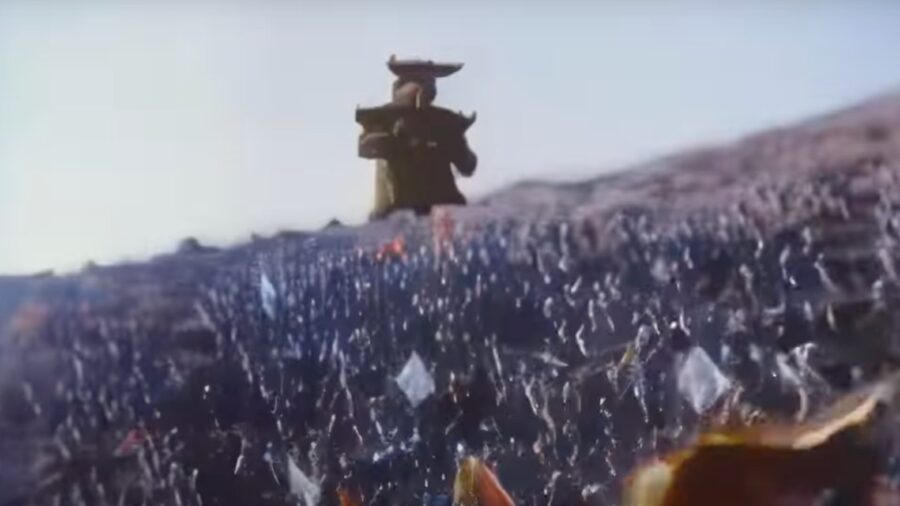
The film centers on a group of peasants as they rebel against the evil tyranny of their cruel and unforgiving king. In a desperate bid to survive the king’s forces, the peasants release a giant monster called Pulgasari which destroys everyone and everything in its path. The title Pulgasari comes from an Asian folktale which warns against material greed, and literally translates to “Impossible-To-Kill.”
One Monster Destroys Another
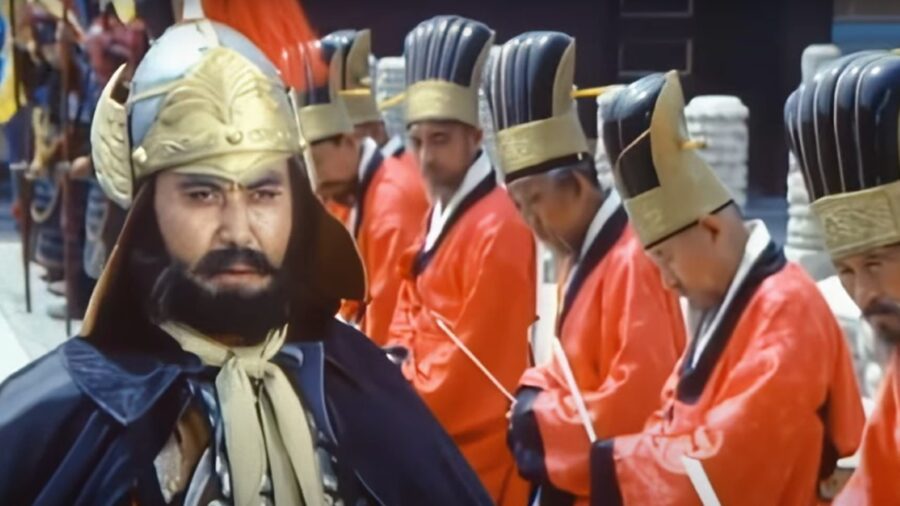
Obviously, the subtext of the film was ultimately lost on Kim Jong-Il, who seemingly took no issue with the depiction of an evil governing force driving its own citizens to rely on the assistance of an inhuman monster in order to stage a successful rebellion.
The reviled dictator loved Pulgasari, and even attempted to market it to foreign studios in a bid to launch a larger DPRK film industry. Luckily for Shin Sang-ok, this hubris would be the nature of the leader’s undoing, as it allowed an opportunity for the entrapped filmmaker to escape.
Pulgasari Leads To Freedom
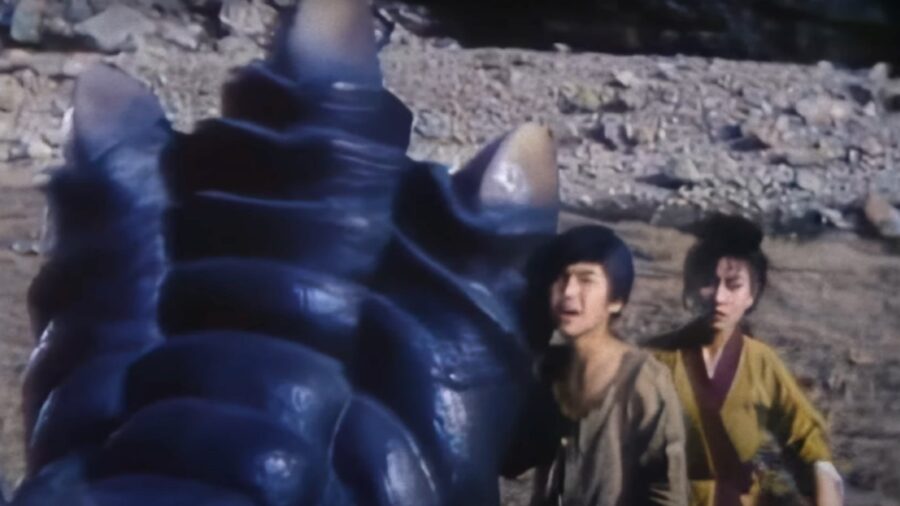
North Korean officials sent Shin Sang-ok and his wife on a trip to Austria to meet with a potential distributor. Once the pair reached Europe, they slipped away from their handlers and secured freedom from their captors. The story of Pulgasaris production got out soon thereafter, causing the film to be pulled from all theaters and shelved indefinitely.
Today, the Godzilla rip-off is available to view online, and has gained something of a cult following due to the absolutely bonkers story of its espionage-style origins.










